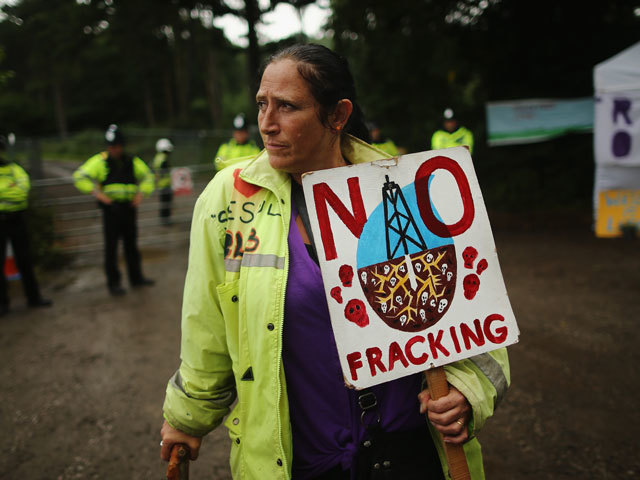
New policies aimed at protecting communities from controversial energy projects are a “setback” for firms hoping to extract shale gas, environmental campaigners said
WWF Scotland welcomed changes to planning policy which were announced today by the Scottish Government.
Environment Minister Paul Wheelhouse said these were being put forward to strengthen the planning system when considering “unconventional” extractions of oil and gas across Scotland.
As he announced the changes he also stressed “There are no environmental permissions which would allow hydraulic fracturing (fracking) in Scotland at this time.”
The new Scottish planning policy, which comes into place next year, will reinforce the need for environmental and community protection when considering projects aiming to extract oil and gas by unconventional methods.
In addition it will introduce the need for an “adequate” buffer zone to be established around any such projects, and make clear that the planning system must “minimise the impacts of extractions” on communities.
WWF Scotland director Lang Banks said: “This is without doubt a set-back for those hoping to exploit shale gas in Scotland. We welcome this commitment and hope it is just the first of several steps ministers will take to begin to close the door on all new fossil fuels developments in Scotland.
“In the interests of tackling climate change and delivering climate justice we urgently need to be leaving fossil fuels, including shale gas, in the ground.”
Mr Wheelhouse said the proposals showed the Scottish Government was listening to both local communities and environmental campaigners,
He stated: “Any proposals for the extraction of unconventional oil and gas extraction are considered through the planning process and the appropriate regulatory regimes.
“In considering such proposals it is important that the views of the local communities, and the impact on the environment are given due consideration in the planning process. Today’s announcement of a strengthening of the planning rules in relation to unconventional oil and gas, through provision of buffer zones, highlights that this government listens to local communities and those calling for stronger environmental protection.”
He said that while the UK Government’s Department of Energy and Climate Change issued licences to those seeking to extract oil or gas from specific areas, these licences did not give consent for drilling, with companies still required to get planning permission before any exploration or development work could go ahead.
Recommended for you
